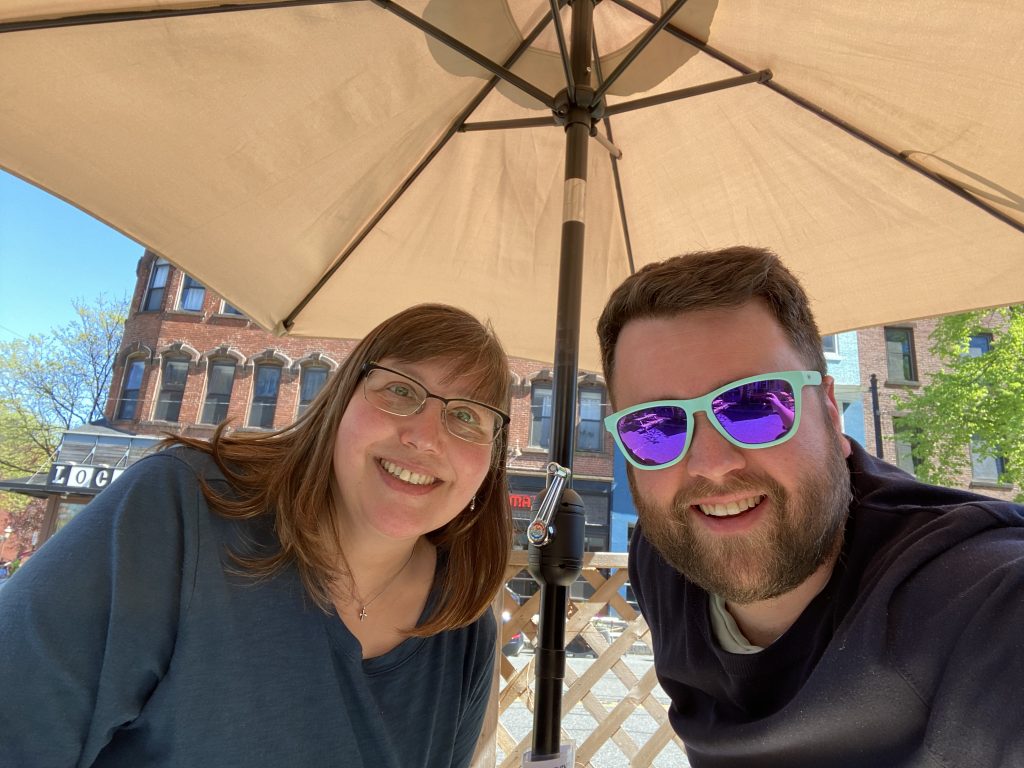Note: These resources are weighted toward the history & legacy of slavery in the United States, including the origins of racism and its forms. Resources for the history of the slaughter and continuing racialized treatment of Native Peoples can be found in websites listed below. Most of these resources address the necessity of an honest appraisal and awareness of whiteness for becoming Beloved Community.
Completing Anti-Racism training is mandated by Episcopal Church Canon for those being ordained, required for those serving in church leadership roles, and necessary for laypersons to help eliminate the sin of racism in the world as we Become Beloved Community. Anti-racism training is something that many want to incorporate into their formation programs. But what should that training teach? What should it really accomplish? The Episcopal Church Executive Council Committee on Anti-Racism (ECCAR) has identified that there seems to be no consistency in the training that exists on anti-racism. Episcopal theology is missing. Base definitions of concepts such as race, white privilege, and chattel slavery are ill-defined or not defined at all. There is frequently little or no opportunity to practice techniques for dealing with tense situations stemming from racial discrimination or violence. For a pdf, please click here.
In 2016-2017, the Social Justice Commission of the Diocese of Western Massachusetts provided two 1-day introductory anti-racism trainings for postulants for Holy Orders, as well as lay leaders. In 2017 The Episcopal Church (TEC) reformed its anti-racism efforts to work toward racial justice through the lens of “Becoming Beloved Community.” In response, several members of the Social Justice Commission split off to form a separate dismantling racism group—the Beloved Community Commission. We are responsible for assisting clergy, clergy postulants, and lay members with the tools of TEC’s Becoming Beloved Community. One of the guiding tenets is that for each person, understanding and dismantling racism is a life-long activity, not the content and work of a single-day workshop. READ MORE
The Episcopal House of Bishops released the report from its Theology Committee titled “White Supremacy, the Beloved Community, and Learning to Listen” on Sept. 16, 2020.
“It is the Church’s responsibility to recognize and reckon with the problem of white supremacy,” the introduction reads, in part. “All Episcopalians but especially white Episcopalians must acknowledge the active and substantial role played by the institutional church, including the Anglican Communion, and The Episcopal Church, in constructing, maintaining, defending, and profiting from this monstrous sin and scandal.”
Click on the links in England and Spanish below. Also included is a link to a covenant.
June 2020 - A New Resource from the Episcopal Church:
Responding to Racist Violence







